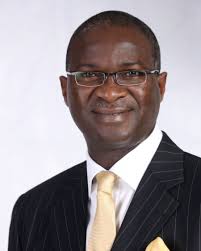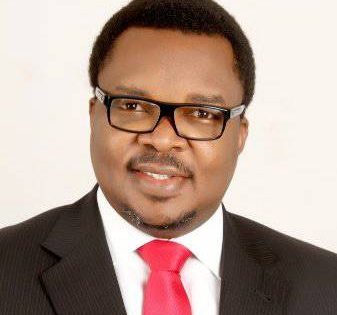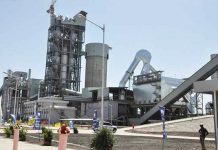
Metering, Stranded Power Dominate Discussion at Power Conference
The need for effective metering of electricity consumers and distribute the 2000 megawatts stranded power to customers across the country dominated discussion at the just concluded 29th Power Sector Stakeholders meeting held at Minna, Niger state capital.
Power, Works and Housing Minister Babatunde Raji Fashola who presided over the meeting said, “amongst the challenges at this sector of the value chain, (and there are problems in Gas, Generation and Transmission), the most urgent are distribution of available energy to consumers, and there is an unused energy in the region of 2,000 Megawatts in this category.
“The other, of course, is the supply of meters to consumers. These two issues of power distribution and supply of meters rank highest in the feedback from the stakeholders in the industry”, he said.
The Minister commended the Niger Delta Power Holding Company (NDPHC) for completing the following projects: 2x15MVA, 33/11kV Injection Substation at Okene; 2×7.5MVA, 33/11kV Substation at Kabba; 2x15MVA, 33/11KV at Confluence Beach; & and 1×7.5MVA, 33/11KV at Felele all in Kogi State.

Fashola also disclosed that the Meter Asset Provider (MAP) policy of the present administration was introduced to address the meter supply gap and relieve the DISCOs of the financial burden of meters, stressing that the Regulations and Condition for its operation issued by NERC on 8th March 2018 was also to allow entrepreneurs to take it up as a business and diversify the sources of meter supply.
He said Government’s intervention in that regard was part of its role of enabling the policy to be effective adding that it does not relieve the DISCOs of their contractual obligation to provide meters.
”Reports reaching me indicate that there is an embracement of the policy. Entrepreneurs are showing interest and talking to banks to raise finance.
“Some DISCOs have signed up to the Government-Supported fund of N37 Billion and we will keep an eye on the progress of the initiative”, he said.
Fashola said, there were some policies tailored by the government to address the challenges.
He said, the N701 Billion Payment Assurance Guarantee was not in any law. “It was a creation of the Buhari Government to give comfort to investors in the Generation side of the value chain that they will be paid for supplying power.
“Since its implementation in 2017, recovery of payments by GENCOs has increased from 20% to 80%; and power supply capacity has improved from 4,000MW to 7,000MW and there is an appetite by other players to participate”, he said.
He further said the Eligible Customer policy introduced on 15th of May 2017, and the Regulations to govern it were issued by NERC on 1st of November 2017 and the purpose was, amongst others, to improve distribution side of electricity and facilitate better power supply to consumers who consumed up to 2MW and above.
“From reports reaching me, 5 (FIVE) industrial customers are now benefitting from the policy and taking their power directly from a GENCO, who incidentally is our host today, Messrs Mainstream Energy Ltd.
“We also have a list of 26 (TWENTY-SIX) industrial customers who are seeking to benefit from the policy.
“The DISCOs must be interested to know that I have also issued directives to NERC to work out and implement Competition Transition Charges as provided by Law, to safeguard them from any losses.
“We will continue to monitor the impact of the policy and remain flexible to keep what works and change what does not; and I urge everybody to remain open-minded, adaptive and responsive”, he said.
He noted that “while the whole value chain and power privatization gradually evolves, it is possible to create Oases of success by showing to our children that they can have reliable power while in school.
“If that is a reason to get children to school and keep them there, certainly, no good business can oppose this.
“Indeed, it seems to me sensible to expect that the future of today’s business and even Government, rests solely on the quality of education that the current generation of students get.
“As for the markets, the 37,000 shops in Ariaria, about 13,000 in Sabon Gari, and about 1,000 in Sura represent SMEs, where most of our people earn a living.
“They are currently paying for expensive power from small and environmentally unfriendly generators.
“It seems to me that our nation will have come to their aid if we deliver reliable power to the most vulnerable like them”, he said.

































